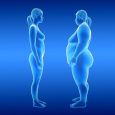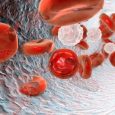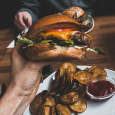The Relationship Between Iron And Aging
Aging is when the body no longer is able to bring all the physiological and biochemical systems into the right balance – the deterioration of youth. This means that repair work to the system which is so important to health deteriorates. The body simply can’t repair the system nor can it fight off all the infections that go along with it either.
When we age, there is a progression of oxidative stress, an increase in inflammation, and loss of autophagy. Fortunately, today there are simple natural interventions like taking supplements, fasting, exercising and eating the right foods, vitamins, and minerals that can bring the body back to youthful levels and lead to improvements in all aspects of aging.
Iron is important
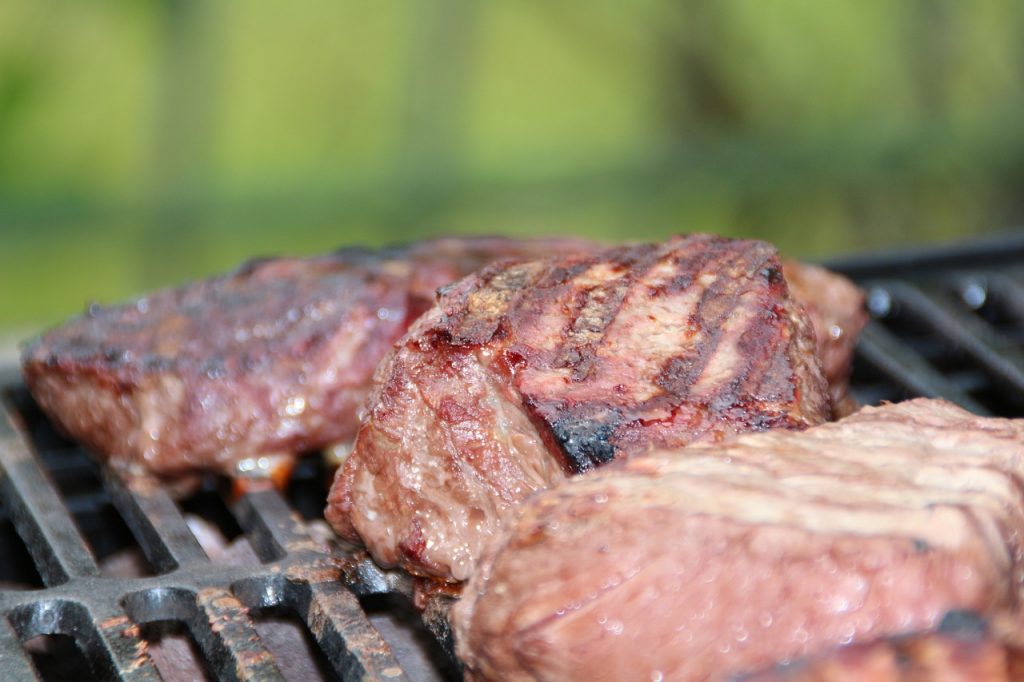
One mineral that is extremely important is iron. There are two kinds of iron that are dietary. These are heme and non-heme. Heme iron is found in poultry, fish, and meat and it is much better absorbed into the system than non-heme which is found in vegetables, supplements, fortified foods, and acidic foods that have been cooked in cast-iron pots. Around 15-30% of heme iron that you eat gets absorbed, but only 5% of non heme iron gets absorbed into the blood. To make sure that you have adequate iron absorption, some vegetarians and vegans will need to take a supplement.

Where does iron fit into the process of aging?
Vibrant health, youthful vigor and vitality start with a clear pure bloodstream. The blood goes everywhere; it feeds and nourishes all parts of the body and also acts as a barrier against disease. A revitalized reactivated bloodstream can help you attain robust health reflected by a youthful appearance. A disordered condition of the blood can result in illness and premature aging. A prominent US professor long ago said that people would be better off being in the hands of for instance the American Indians than they would at the hands of European physicians. Why? Because he would have received mental therapy, natural food and herb remedies from the Indians, unlike the European physicians, whom he says, would have drained away his blood. (‘Bleeding’ a patient of their blood was a common therapy years ago).
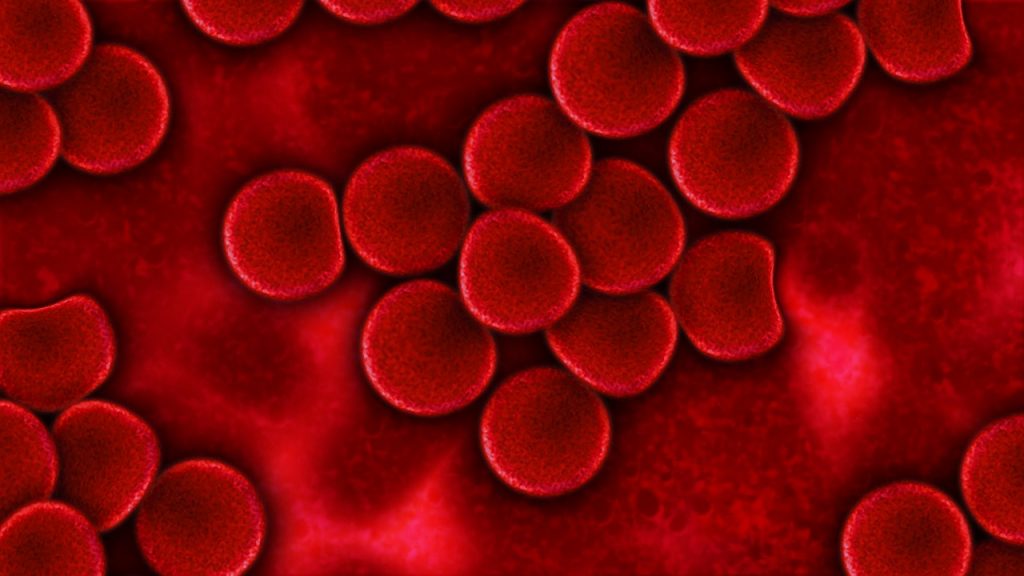
An important step in building or repairing youthful energy and stamina is to bring your body’s stores of iron up to par. Iron is absolutely essential for the formation of rich red blood. A deficiency of this precious mineral can cause headaches, pallor of the face and lips, depression, crying spells, listlessness, weakness, exhaustion, and other debilitating problems.
Women require more iron than men do, partly because they have fewer red blood cells to begin with, but mainly because of the demands that menstruation and pregnancy make upon the body. Over 80% of the iron in the body is found in the red blood cells, therefore loss of blood through menstruation means loss of iron. Blood loss through menstruation in women can range from as little as an ounce for light to average periods to 1 cup for a heavy period. When women give birth, they can lose around 2 cups of blood – that’s about 200–250 milligrams of iron lost.
Supplements of iron
In conditions of iron deficiency, physicians might prescribe ferrous sulfate or ferrous gluconate. Many people who have used these ferrous compounds have found that it tends to constipate them and even irritate the stomach or bowels. Even an average dose of either of the ferrous compounds is known to be able to cause gastrointestinal irritation; however, the ferrous gluconate causes less discomfort than the sulfate.
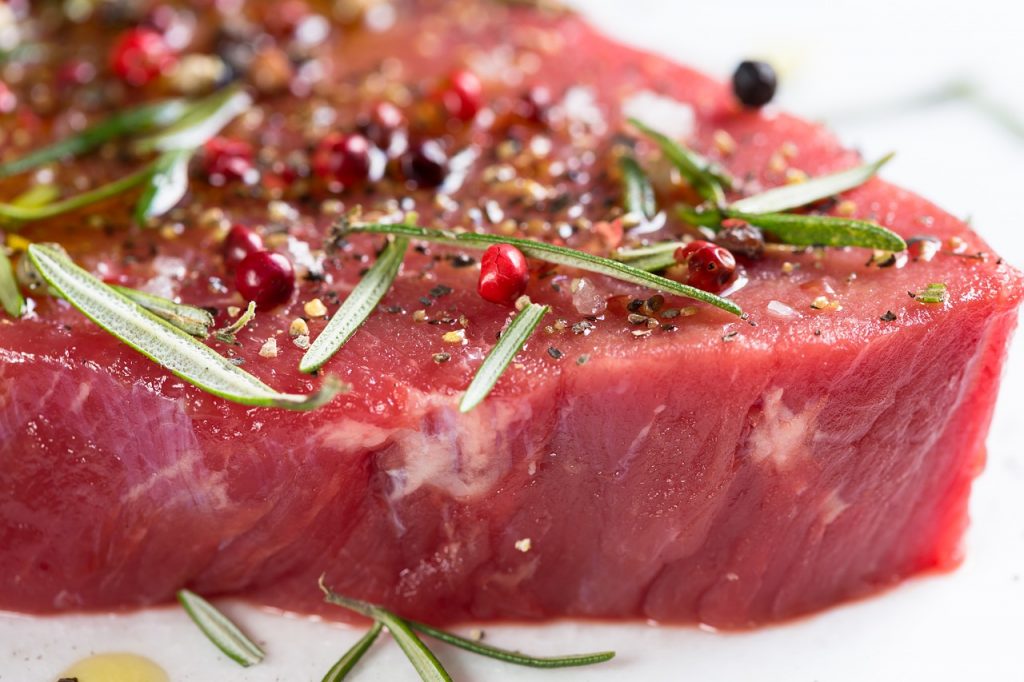
Organic iron, on the other hand, rarely disagrees with the human system and can be obtained from herbs and unrefined foods for those who suspect they may be suffering from borderline anemia or who are wise enough to want to protect themselves against this debilitating condition. Take Yellow Dock (Rumex crispus) for instance; which root is a rich storehouse of organic iron. Along with these valuable constituents, Yellow dock root also contains mild laxative properties. An infusion prepared from the root of this gentle herb will not irritate at all. Although hard plant substances like the bark and the roots are generally boiled for a certain length of time to extract the properties, Yellow dock root is an exception and shouldn’t be boiled at all. Boiling destroys all the valuable constituents. Yellow dock tea is simply made by adding from 1-1½ teaspoons of the cut root to a cup of piping hot water. The tea is covered with a saucer and allowed to stand for 20 minutes. It is then strained, reheated, and taken in sips – one cup three times a day. The tea may be flavored with lemon or honey.

More natural sources of iron
Another remarkably rich source of natural iron with strong hemoglobin regeneration power is wheat germ. It also supplies copper, manganese and the B vitamins, vital for iron utilization. Look at how many natural sources of iron there are:
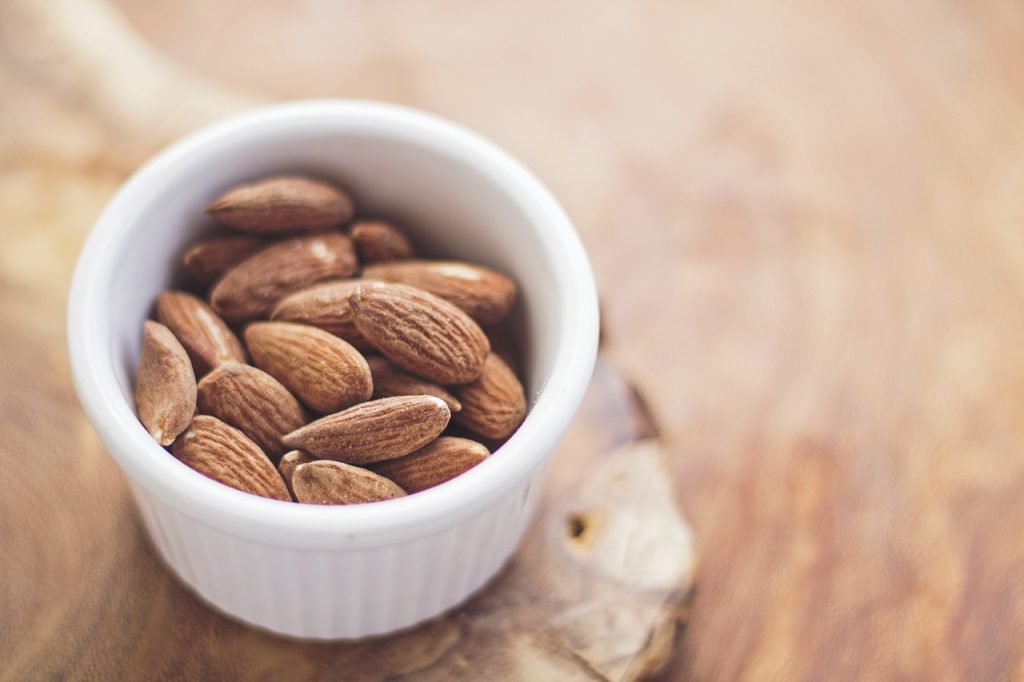
- Almonds
- Apricots, dried or uncooked
- Baked beans
- Steamed beet greens
- Brussel sprouts
- Dandelion greens, steamed
- Dates
- Lentils
- Blackstrap molasses
- Steam mustard greens
- Raw parsley, chopped
- Prune juice
- Radishes
- Raisins
- Soybeans and full-fat soy flour
- Tomato juice
- Wheat germ
- Whole wheat flour
- Brewer’s Yeast
Nuts and dark green leafy vegetables are imperative to produce hemoglobin (this is a protein that is stored in the red blood cells and which transports oxygen around the body). Things like prolonged dieting, recent surgery, famine, an accident, heavy menstrual periods all can negatively affect hemoglobin production.
Get rid of toxins for better absorption of natural iron
Another function that nature has allotted to the bloodstream is that of providing natural ways to neutralize and carry away toxins and impurities caused by metabolism, cell disintegration, etc. When toxins are allowed to accumulate in the bloodstream, any number of diseases can result. Regular washing out of waste products in cell cultures helps to prolong the life of the cells indefinitely.
Fresh fruit and fruit juices are excellent blood cleansers, whereas raw veggies and vegetable juices are considered builders and regenerators.
There are a few herbs too, which are excellent choices that will help you to overcome Iron deficiency anemia. The following are some great options you probably never even thought about:
1. Nettle (Urtica dioica)
Known also as stinging nettle, it offers very high iron content. Extra are vitamin A, the B groups, vitamin C and vitamin K, all of which improve iron absorption in the body.
2. Avocado (Persea americana)
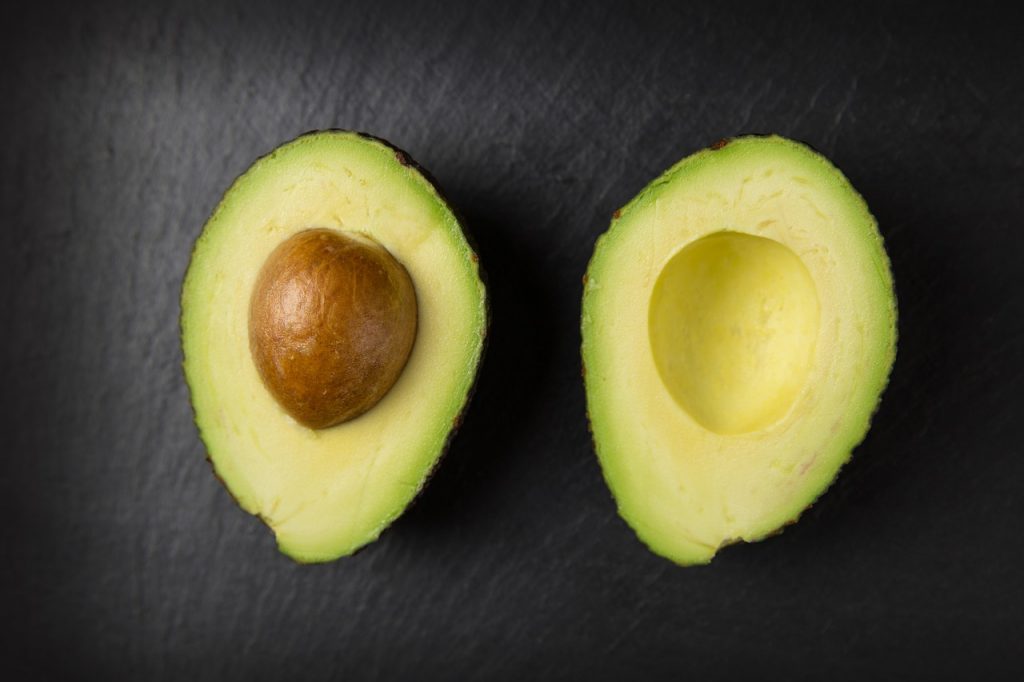
Avocados contain a lot of natural iron, making them ideal to eat, particularly after major surgery. Even though dietary folic acid deficiency is rare in Western countries there is still a need for a boost in folic acid levels and avocados do the trick.
3. Parsley (Petroselinum crispum)
Parsley is outstanding for overcoming anemia. It contains a very good concentration of iron, making it ideal for those who have trouble taking iron supplements.
4. Dandelion (Taraxacum officinale)
If you have anemia, either you are not eating sufficient iron-rich foods, or your body doesn’t absorb it properly. Dandelion has you covered. Its leaves contain high levels of iron and also enhance the body’s ability to absorb it.
5. Lemon (Citrus lemon)
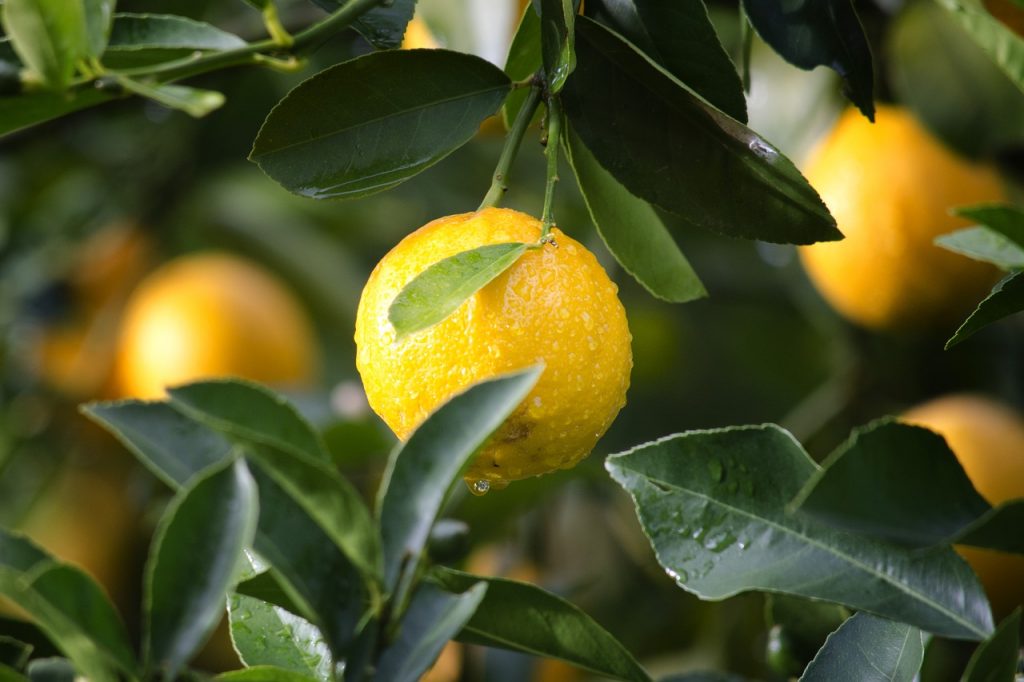
It is no good adding iron to your diet if it can’t be absorbed. But citrus fruits are rich in vitamin C (ascorbic acid), known to facilitate iron absorption, particularly lemon juice.
Anemia can get in the way of living your life, so when you make use of these herbs, it will raise your energy levels, restore your overall health and clear the mind.

When you are deficient in iron
Iron, an essential nutrient, has long been a very common nutritional deficiency. Years back, parents would be so worried about their children who would not eat, concerned that they would be anemic. Baby foods and infant formulas plus many children’s foods today are fortified with iron. Iron deficiency is likely in babies who are exclusively breastfed, young children who drink too much milk, menstruating and pregnant women, vegetarians and vegans and people who take medications that cause internal bleeding and which interfere with iron absorption.

Symptoms that show up when you are iron deficient:
- Fatigue and feelings of weakness
- Work performance isn’t good
- You are at risk of increased infections
- You can’t seem to keep warm
- You have a rapid heartbeat
- Lightheadedness
- Shortness of breath when exercising
Studies suggest that those people who engage regularly in strenuous exercise, particularly vegetarians and adolescents are at higher risks of developing iron-deficiency anemia. Bad diets, certain medications and chronic health conditions such as colitis or even the after-effects of weight-loss surgery are all other reasons for iron-deficient anemia.
When you have too much iron
- Unfortunately, excess iron in the body might well be an important driver of aging. Today, a lot of attention is put on iron overload which apparently can damage the internal organs and can increase diabetes, heart attacks, and cancer, particularly when people are old. Iron, though, is really an essential part of proteins that transport oxygen around in the body.
- There is a genetic disorder called hemochromatosis which increases iron absorption resulting in organ damage from stored iron. This condition can leave you feeling tired and worn out. People might suggest that you could be anemic. But before you investigate taking iron supplements, it could be that you have too much iron in your system, not too little – possibly because of hemochromatosis. It all means that more iron is getting into your system than you need to take in; the excess iron ends up in your organs and can cause damage to your heart, pancreas, liver, joints, and glands. If not treated, other diseases can follow.
- These symptoms can appear more in men from 40-60 years, and a bit later in women. Common symptoms are joint pain and fatigue with hormonal changes, osteoarthritis, loss of libido, skin taking on a bronzed color, diabetes heart problems, and liver diseases like cirrhosis and liver cancer.
- Too much iron is toxic and when excess iron is deposited in your organs, it interferes with normal bodily functions and you are left feeling not well at all. But it is treatable.
Should old people be taking iron supplements?
Today, iron ranks as one of the most common nutritional deficiencies in the world. In the USA, children and women are most at risk of deficiencies. But new research proves that anemia in the elderly, particularly for those over 85, is common. But because of the potential health problems that are associated with taking iron supplements, it is imperative for these people to seek their doctor’s advice before taking iron.
Research from Mechanisms of Aging and Development shows that over 10% of adults over 65 are anemic; another 20% of adults over age 85 are anemic. This number is as high as 65% for old people living in nursing homes. Causes of anemia found in the elderly are from chronic disease, gastrointestinal bleeding, poor diet, and poor iron absorption. When left unmanaged, anemia in the elderly can lead to cognitive decline, being frail and an increase in mortality.
Supplementing with iron might seem the natural step to follow for those seniors who suffer from anemia. But it’s far from being that simple. Supplements for seniors may increase their iron stores in the body. Even moderately raised iron stores in old people can raise their risks of heart disease, certain types of cancer and diabetes. And there is also a connection of iron with brain disorders like Alzheimer’s disease. There are concerns that any excess iron in the brain can increase oxidation and also the risk for dementia. There have been high levels of iron found in the brains of those people who suffered from neurodegenerative diseases like Parkinson’s and Alzheimer’s.

Anemia in the old
- Although there are over 400 types of anemia, there are 3 that are really common. These include iron deficient anemia, Vitamin B12 deficient anemia, and folic acid deficient anemia. The major cause of anemia is a poor diet.
- Anemia is the most common blood disorder. To test whether you have anemia, a doctor will do a full blood count on you. There will be other tests too, to evaluate your ferritin, your iron, your vitamin B12 levels, folic acid and also lactic dehydrogenase, etc. Even a bone marrow biopsy might be necessary. This all helps the doctor to determine if you have anemia.
- Basically, anemia is a disease or a disorder showing there is insufficient iron in the body, but the bone marrow is not able to incorporate the iron into the red blood cells. Some medications have the ability too, to suppress the bone marrow.
- Anemia shouldn’t be accepted as a natural consequence of getting old simply because there are cases of iron deficiency in elderly people amounting to 60%. The World Health Organization criteria for anemia is hemoglobin of less than 12 g per dL [120 g per L] in women and less than 13 g per dL [130 g per L] in men),
Good advice for the elderly
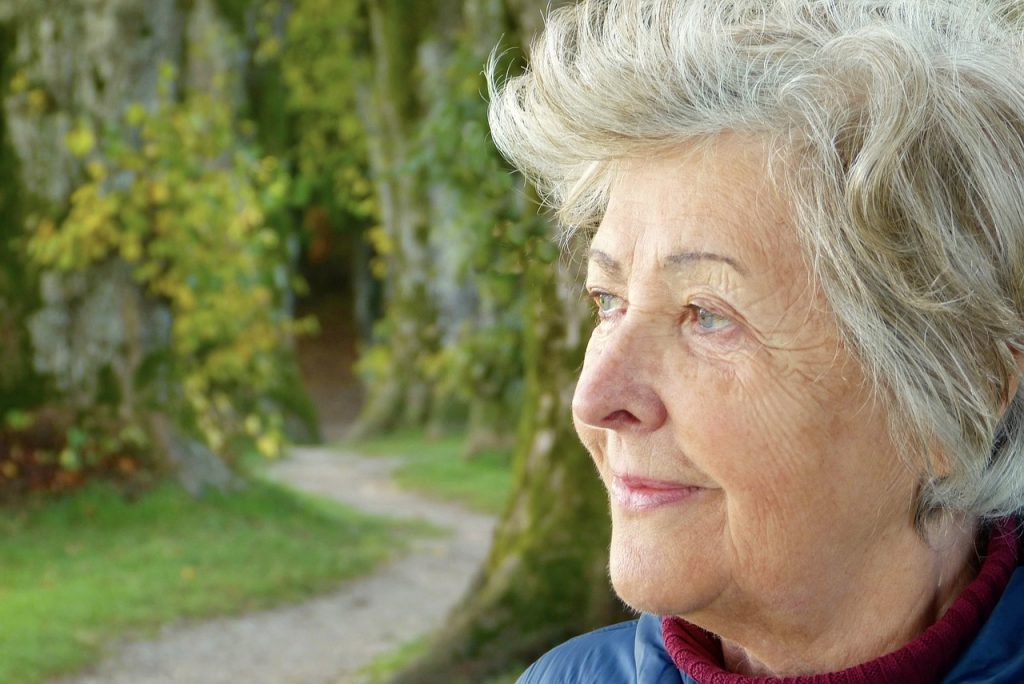
- Often, an old person might show signs of a disorder that having anemia makes it worse, such as deteriorating congestive heart failure, dizziness, cognitive impairment, and apathy. And unless doctors or clinicians consider anemia as a possibility in the elderly, it is quite easy to be overlooked.
- Studies do show that the two most common causes of anemia in the old are an iron deficiency and chronic disease. In 15-25% of old patients with anemia, there are no causes to be found and even when no cause is found, still the prognosis is good.
- The elderly can take comfort, they don’t need to look for supplements of iron and then worry about being deficient in iron, or worse, an overload in iron. Instead, there are wonderful home remedies to set their minds at rest, that consuming them, can bring their bodies back into harmony:
- Increase your vitamin C intake: Adequate doses of vitamin C help to fortify you from within, helping with the absorption of iron. Enjoy lemon and orange juice in a glass of warm water every day.
- Yogurt with turmeric: A lovely little meal that adds iron and which is easy for old people to rustle up is a cup of yogurt to eat twice a day, which will be morning and afternoon. All you need to add to that is a teaspoon of golden turmeric stirred in to bring the body and biological energies into balance.
- Get in those greens: As mentioned above, broccoli, celery, spinach, and mustard greens, among others, help to prevent the absorption of iron in the body.
- What about some delicious pomegranate or beetroot juice? These act as healthful blood builders and purifiers. If you drink these regularly, you boost your energy levels because you are supporting a healthy flow of blood.
- Drink some copper water: If you have a copper vessel in your home, store some water in it overnight to drink the next day. This will help in replenishing your body with natural minerals and known also to be excellent for hair loss.
- Buy some sesame seeds: Eating sesame seeds is a delicious way to increase your intake of iron, particularly black sesame seeds. If you prefer something softer, soak them in water for a few hours and then grind into a paste, eating with a spoonful of honey every day.
- Get your sweets with raisins and dates: Plenty of iron and vitamin C in dates and raisins for a delicious snack any time of day. Plus they offer vibrant energy.
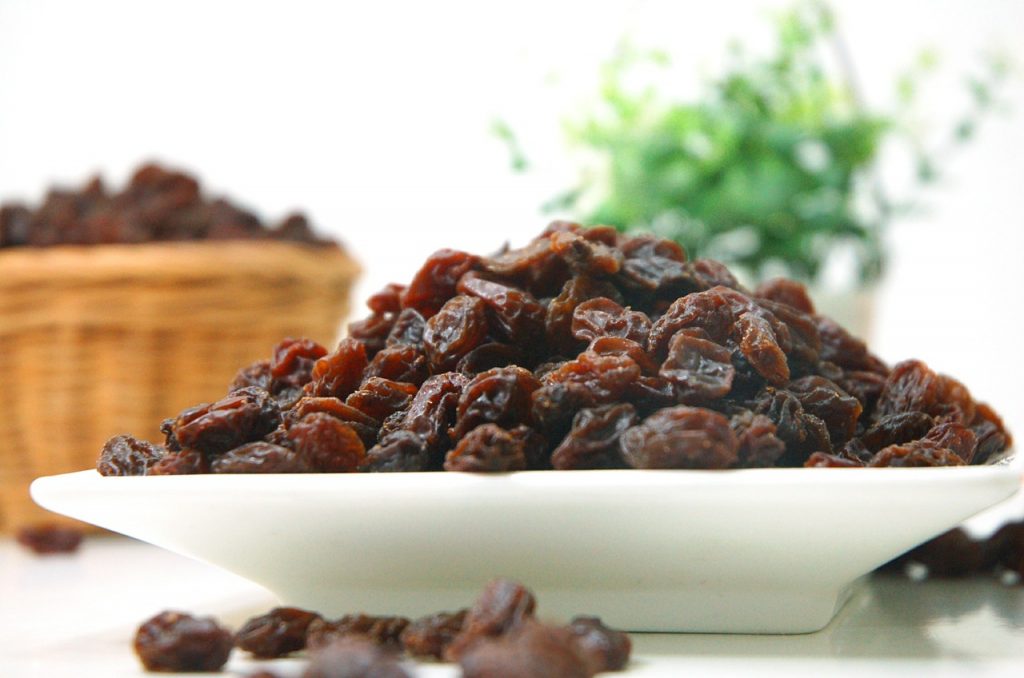
Don’t worry, be happy
There are many changes that occur inside and outside the body as you age. And the elderly worry about iron absorption and whether they are deficient or overstoring iron. Sometimes they feel too tired, exhausted and sad to educate themselves on the right supplements. But just getting their exercise, eating healthily from what Nature has provided in the way of natural iron-rich foods and herbs can do wonders for their outlook, their health and their lust for life. If you’re feeling sick and tired of being confused about iron, get into action now and bolster your life with the right foods – strike now when the iron is still hot.






